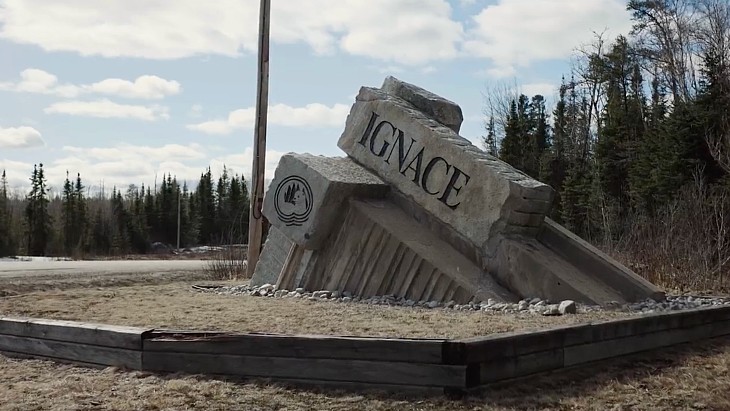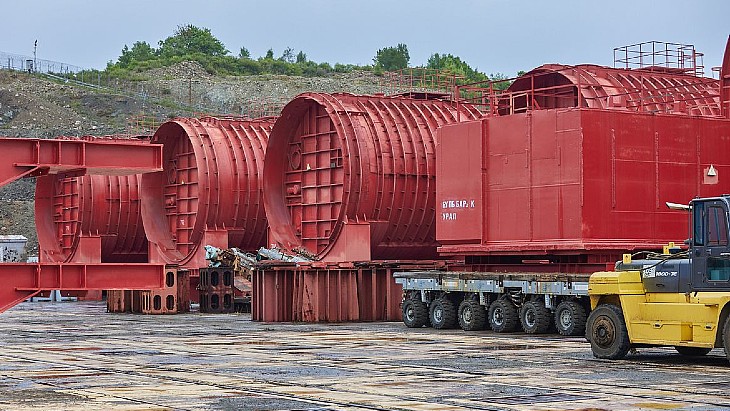UK designates radwaste disposal policy
.jpg)
Geological disposal infrastructure includes any deep geological facility for disposing of higher activity radioactive waste, and the deep borehole investigations needed to characterise the geology at a particular site to assess its suitability for a geological disposal facility. The NPS sets out the need for infrastructure related to the geological disposal of higher activity radioactive waste in England and the government's approach to delivering it, and planning guidance for developers of nationally significant infrastructure projects (NSIPs) related to geological disposal.
The NPS, the AoS and the HRA were open for consultation from 25 January to 19 April 2018. Following the public consultation, the draft NPS underwent parliamentary scrutiny, including from the Committee for BEIS and the House of Lords. The government revised the NPS, taking into consideration the concerns raised.
In a letter to stakeholders, Umran Nazir, deputy director for decommissioning, radioactive material and geological disposal facility at BEIS, wrote: "We received 87 responses from UK bodies and members of the UK public. We also received 360 campaign responses from individuals in Germany."
The NPS sits alongside the Working with Communities policy document that was published in December 2018 and that sets out the framework for managing radioactive waste through geological disposal and the process for how the government will work with communities to find a location for this facility, Nazir wrote. That process is now under way, he added.
The UK has accumulated radioactive waste from a range of activities including nuclear power generation, medicine, research and defence-related nuclear programmes. Most of the waste can be disposed of safely in facilities on the surface but a suitable facility is still needed for the remaining higher activity radioactive waste.
Geological disposal involves placing waste deep underground and containing it within multiple barriers, to ensure that the hazardous materials are isolated from the surface environment and contained for the time required for the radioactivity associated with them to naturally reduce, BEIS said, which "ensures that no harmful quantities of radioactivity ever reach the surface environment".
It added: "Geological disposal is internationally recognised as the safest and most secure means of permanently managing our higher activity waste, with countries such as Finland, Sweden, France, Canada and the USA also pursuing this option."
_17992.jpg)
_75800.jpg)







_66488.jpg)


